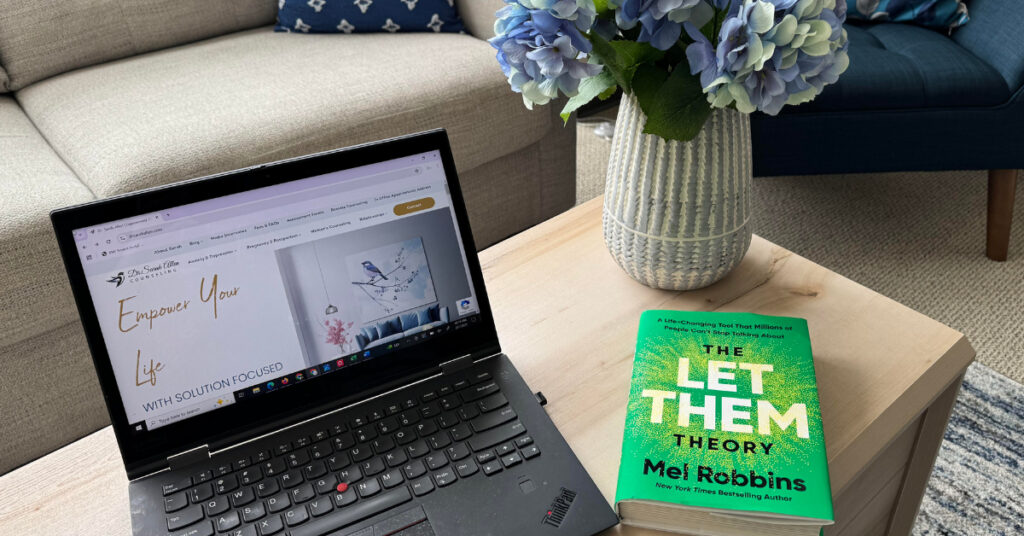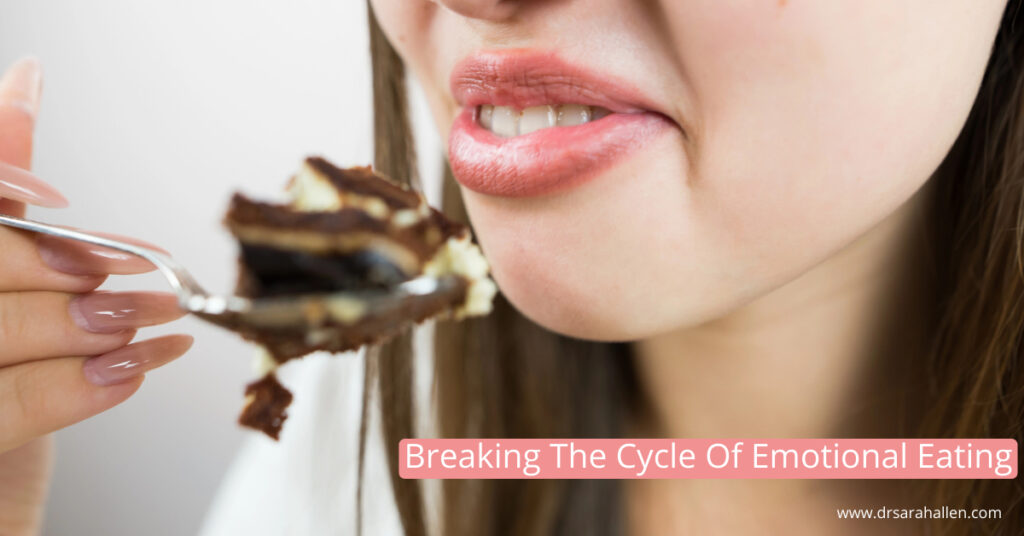
Anxiety affects many of my clients, and in my experience as a therapist, I’ve seen that it can be traced back to several factors. Anxiety isn’t typically something that happens overnight unless it is a response to a very specific, traumatic event/situation. Instead, anxiety is usually the result of a combination of biological, genetic, environmental, and psychological influences. Understanding these factors can help you take steps to manage your anxiety better.
Biological Factors Linked to Anxiety
Anxiety can stem from the way your brain functions. Imbalanced brain chemistry is a major biological factor but research on neuroplasticity shows it can be altered. Neurotransmitters like serotonin, dopamine, and norepinephrine play significant roles in mood regulation. When these chemicals are out of balance, it can lead to feelings of anxiety. For instance, low levels of serotonin are often linked to both anxiety and depression.
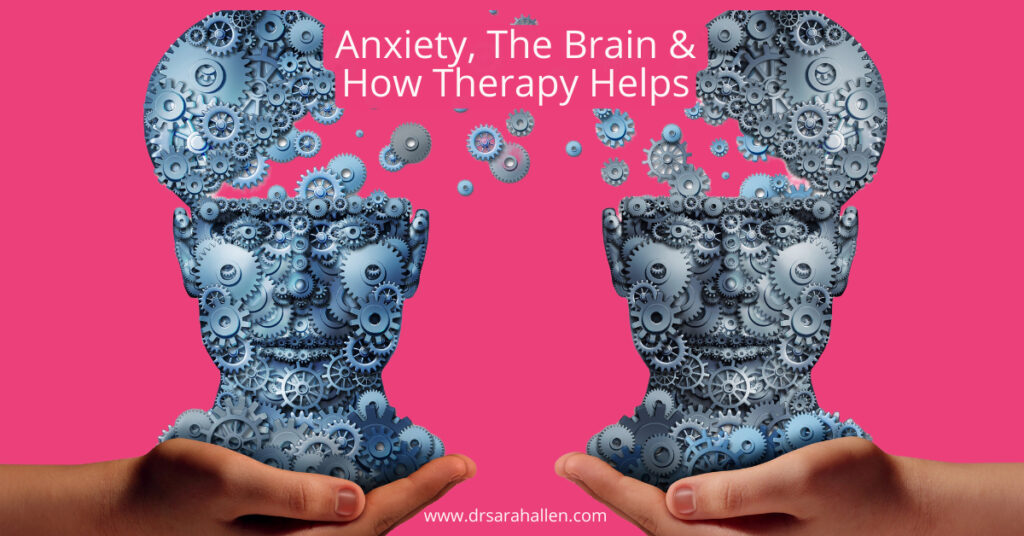
For more information read Anxiety, The Brian & How Therapy Helps
Hormonal imbalances also contribute to anxiety. For example, an overactive thyroid can cause symptoms similar to anxiety. The body’s stress response system, involving the hypothalamus, pituitary gland, and adrenal glands (HPA axis), plays a part too. If this system is overactive, it can cause your body to feel in a constant state of alert, leading to heightened anxiety levels.
Sleep patterns and overall physical health impact your anxiety levels. Poor sleep can disrupt brain function and exacerbate anxiety. Likewise, chronic illnesses or health conditions can increase anxiety levels due to the constant stress they place on your body.
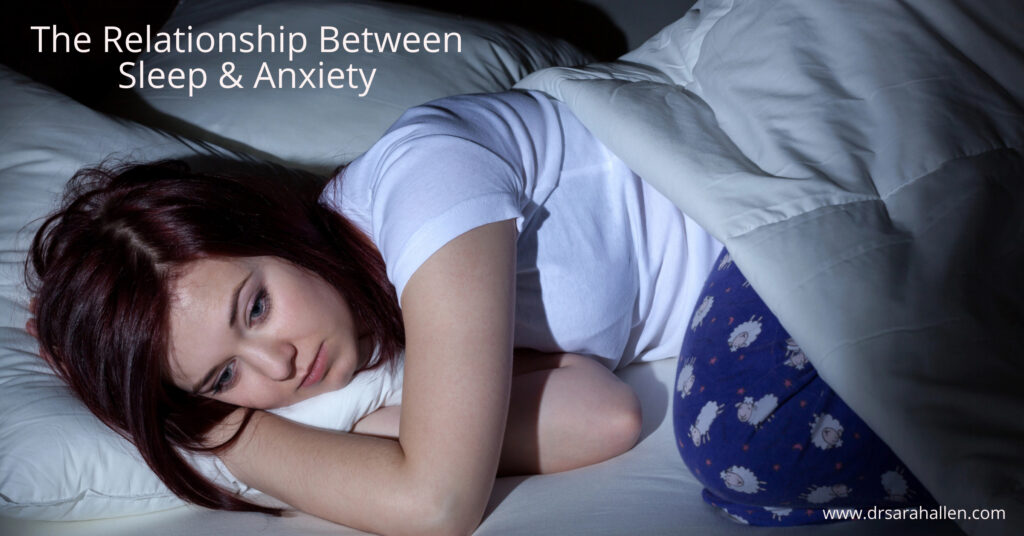
For more information about how sleep affects mood read The Relationship Between Sleep & Anxiety
The Role of Genetics and Family History in Anxiety
Your genetic makeup can affect your risk of experiencing anxiety. If you have family members with anxiety disorders, you’re more likely to develop anxiety yourself. This doesn’t mean you’re destined to have anxiety, but it does increase your susceptibility. Studies have shown that anxiety can run in families, suggesting that genes play a significant part.
Family history goes beyond genetics. For many of my clients, being raised by someone with anxiety led them to pick up anxious behaviors and thought patterns. This learned behavior can make you more prone to anxiety in stressful situations. Growing up in a high-stress or excessively worrisome environment can shape how you respond to stress as an adult.
Knowing your family history can help you understand your own anxiety better. If anxiety runs in your family, it is important to be proactive in managing stress and seeking help when needed. Understanding this connection provides a clearer picture of why you might experience anxiety and helps in finding effective coping strategies.
Environmental Factors that Contribute to Anxiety
It is clear that our environment plays a significant role in anxiety levels. Stressful life events, such as job loss, divorce, or the death of a loved one, can trigger anxiety. Daily stressors, like work pressures or financial difficulties, also contribute to feeling anxious. When faced with overwhelming stress, your body’s natural response can manifest as anxiety.

For more information on stress read What Is The Difference Between Stress, Worry & Anxiety?
Environmental factors aren’t limited to major life changes or daily stress. Trauma, such as physical or emotional abuse, can have a long-lasting impact on your mental health. Experiencing or witnessing traumatic events can make your mind and body more prone to anxiety. The environment you were raised in also shapes your response to stress. A high-stress home life or growing up in an unsafe neighborhood can instill a constant sense of fear or worry.
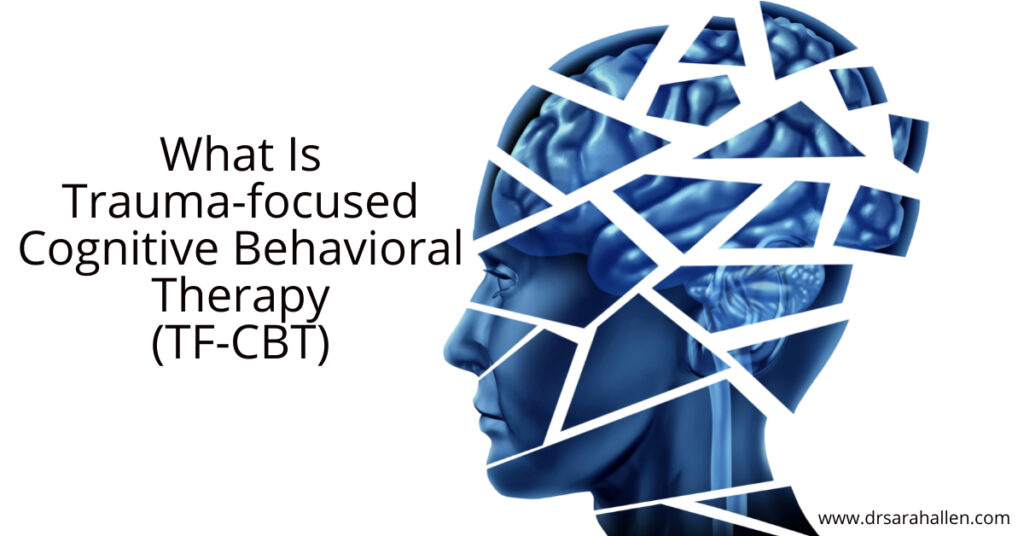
Cognitive Behavioral Therapy (CBT) can also an effective treatment read What Is Trauma-focused CBT
Workplace dynamics and social environments play their part too. High expectations, tight deadlines, or a toxic work culture can increase anxiety levels. Even social pressures, like maintaining relationships or fitting in, can cause significant stress. Identifying these environmental triggers can help you address and manage your anxiety more effectively.
Psychological Traits and Lifestyle Influences on Anxiety
Certain psychological traits can make you more susceptible to anxiety. Overthinking and a tendency to ruminate on negative thoughts can amplify feelings of anxiety. If you often expect the worst to happen or constantly worry about future events, you might find yourself trapped in a cycle of anxiety.

This article goes into more details about overthinking and rumination Is Overthinking Making You Anxious?
Perfectionism and a fear of failure are traits that can heighten anxiety levels. Personality traits, such as a high need for control or difficulty handling uncertainty, can also contribute to anxiety. If you struggle with change or tend to be highly self-critical, these traits can increase your anxiety. Awareness of these traits can be the first step in addressing and managing them.

Read more about how perfection can affect anxiety The Connection Between Perfectionism & Anxiety
Lifestyle habits have a significant impact on anxiety as well. Poor diet, lack of exercise, and inadequate sleep can all contribute to higher anxiety levels. Consuming high amounts of caffeine or sugar, for example, can exacerbate anxiety symptoms. Regular physical activity, on the other hand, can help mitigate anxiety. A balanced lifestyle that includes a nutritious diet, regular exercise, and sufficient sleep can make a noticeable difference.
In conclusion, understanding the various factors that contribute to anxiety is crucial in managing and treating it effectively. Biological factors, such as brain chemistry and hormonal imbalances, can play a significant role. Genetics and family history can increase your susceptibility to anxiety. Environmental triggers, including stressful life events and trauma, add to the challenge. Lastly, psychological traits and lifestyle choices can amplify or mitigate anxiety symptoms.
Recognizing these contributing factors helps in developing a comprehensive approach to managing anxiety. By paying attention to brain chemistry, family history, and environmental influences, you can identify personal triggers. Adopting healthy lifestyle habits and addressing psychological traits can also help reduce anxiety levels.
For personalized anxiety treatment in Chicago, contact me, Dr. Sarah Allen. I see clients in my office in Northbrook, a North Shore Chicago suburb, or virtually across IL, FL and the UK.

If you have any questions, or would like to set up an appointment to work with me and learn how to reduce anxiety, please contact me at 847 791-7722 or on the form below.
If you would like to read more about me and my areas of specialty, please visit Dr. Sarah Allen Bio.
Dr. Allen’s professional license only allows her to work with clients who live in IL & FL & the UK and unfortunately does not allow her to give personalized advice via email to people who are not her clients.
Dr. Allen sees clients in person in her Northbrook, IL office or remotely via video or phone.

What Can I Read That Helps Me While I Am Waiting For My First Appointment With Sarah?
Download this free booklet to gain valuable insights and practical strategies for managing anxiety and worrying.



